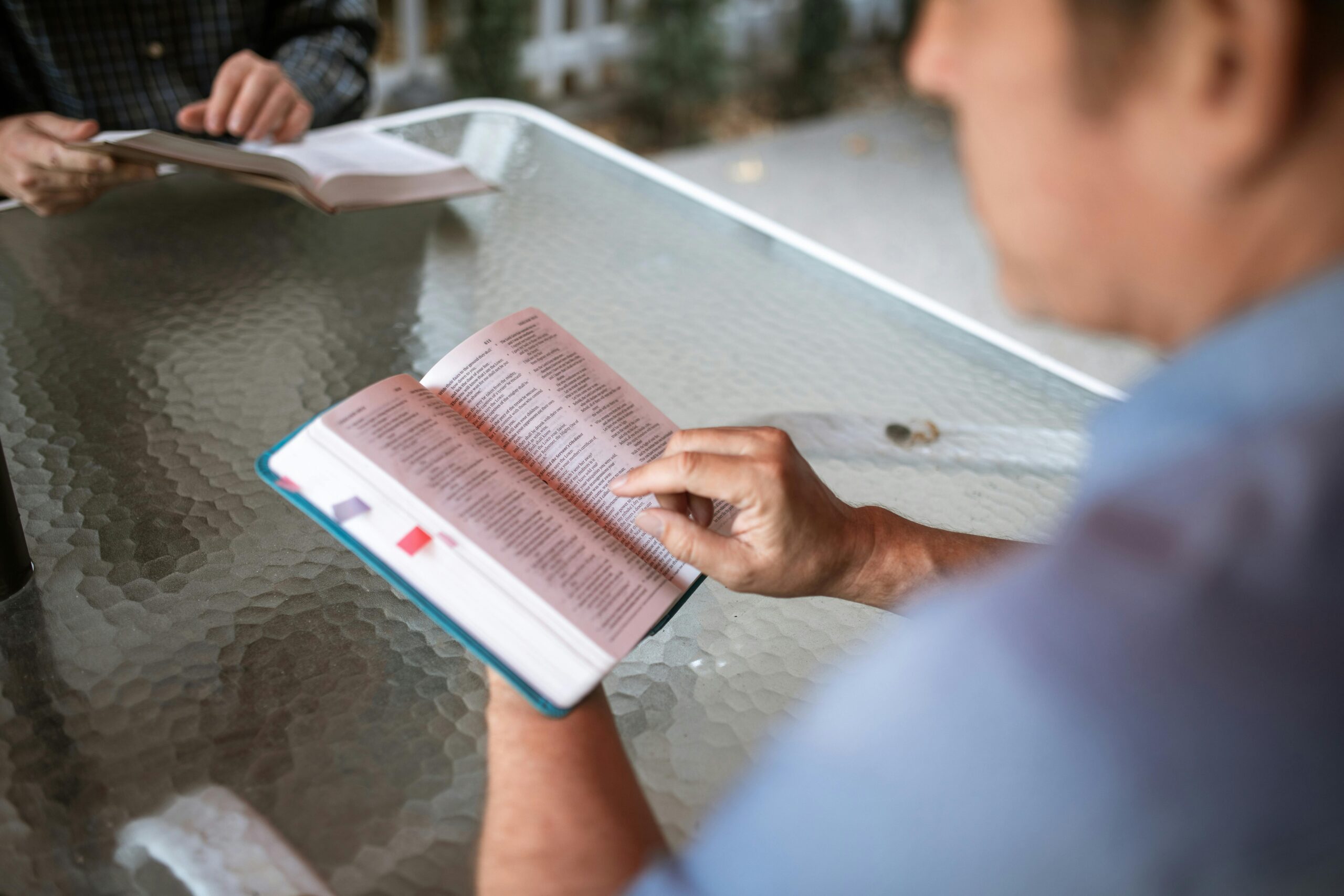Comfort Over Clarity? The Growing Discomfort with Questioning Religious and Cultural Norms in India
In an increasingly complex world, many Indians are grappling with the tension between their personal beliefs and the growing call for societal change. For centuries, India has nurtured belief systems that offer comfort, stability, and a sense of identity to millions. Yet, the question arises: are we confusing the comfort our beliefs provide with the truth they claim to uphold? As India enters an era of rapid globalization, technological advancements, and shifting social dynamics, many are beginning to wonder if long-held beliefs are truly based on objective truths — or if they are simply comforting traditions that we’re reluctant to question.
The Comfort of Tradition
Religion and culture have always played significant roles in shaping Indian society. According to a Pew Research Center report from 2023, 79% of Indians identify with a religious faith, with Hinduism, Islam, and Christianity among the most prominent. For many, these belief systems are more than spiritual practices; they are deeply woven into the fabric of daily life, from rituals and festivals to moral values and social norms. These systems offer comfort, providing individuals with a clear sense of purpose and community.
However, comfort can sometimes be misleading. Psychologist Dr. Shashi Kumar argues that belief systems often create an “illusion of security.” “Beliefs provide structure to our lives and shield us from the uncertainty of the world,” he explains. Yet, the comfort they offer might come at a cost, preventing individuals from questioning established norms and ideas, and limiting the scope for personal and societal progress.
The Growing Challenge of Blind Faith
Despite the comfort religious and cultural labels provide, more and more Indians are beginning to question whether these long-established beliefs hold any true value. The 2023 National Youth Survey found that 42% of young Indiansfeel that their beliefs are outdated or overly rigid, with many expressing a desire to explore new perspectives on spirituality and morality. This generational shift indicates that traditional belief systems may no longer be as comforting or relevant to the youth, who are more exposed to global ideas of secularism, human rights, and individual freedom.
This shift has led to significant debates in India over issues such as gender equality, caste discrimination, and freedom of expression. In the wake of the #MeToo movement and the growing push for LGBTQ+ rights, many young Indians are questioning religious and cultural practices that were once considered inviolable. The 2019 Sabarimala verdict, which allowed women of all ages to enter the Sabarimala temple, sparked a nationwide conversation on whether faith-based practices should be challenged when they conflict with human rights principles.
The Fear of Discomfort: Why We Hold On to Our Beliefs
While questioning belief systems may offer clarity, it also presents discomfort. It forces individuals to confront long-standing traditions and, in some cases, dismantle cultural legacies that have defined their lives. The discomfort of reevaluating one’s beliefs often leads people to hold onto familiar comforts, even when they may no longer serve an objective truth. A 2022 report by the Indian Rationalist Association found that while 30% of Indians are increasingly open to reevaluating their beliefs, 52% admitted they feel uneasy challenging these ideas, fearing social exclusion or cultural backlash.
This hesitance is compounded by the powerful role religion plays in politics and public life in India. Political parties often align with religious groups, using belief systems to rally support and mobilize voters. As religious labels become more politicized, those who challenge these beliefs risk being alienated or marginalized, further complicating the willingness to question one’s faith.
Seeking Truth Over Comfort: A Path Forward?
The growing discomfort with blind adherence to tradition might signal a necessary reevaluation of what constitutes truth. As India’s Supreme Court has consistently emphasized in its rulings, individual freedoms and human rights must be prioritized over cultural and religious practices that infringe on those rights. In 2022, the Court ruled that personal belief systems must evolve with the times, urging a balance between tradition and progressive change.
Moving forward, India must embrace a more open, inclusive dialogue about the intersection of faith, culture, and truth. Dr. Shashi Tharoor, a prominent advocate for secularism, has stressed that for India to progress, belief systems must be questioned in ways that allow for growth without eroding the country’s cultural richness. He believes that by fostering a space for critical thought, India can evolve into a society where comfort and truth are not at odds but coexist in harmony.
As India faces the challenges of the 21st century, it is essential to ask: Are we willing to embrace discomfort for the sake of truth, or will we continue to mistake comfort for truth? The answer to this question may well determine India’s future trajectory in the global landscape.
Disclaimer: All statistics and reports cited are sourced from credible and official publications, including the Pew Research Center, National Youth Survey, and Indian Rationalist Association.


Leave a Reply